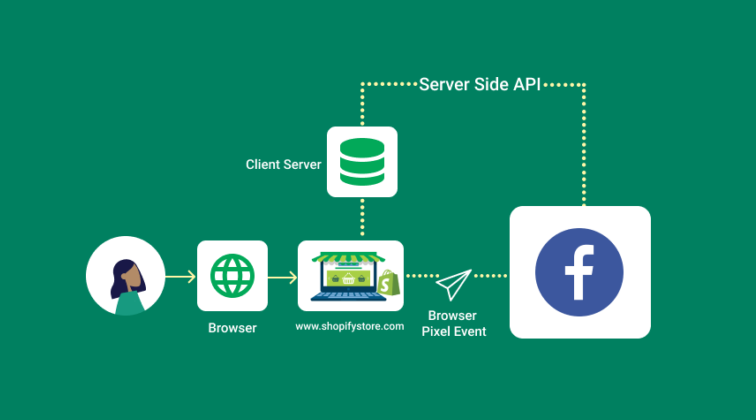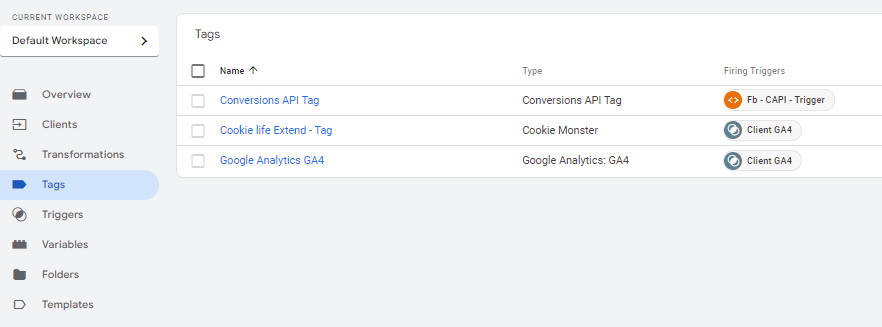Maximize ROI with Facebook Pixel Integration Solutions for Enhanced Marketing
In the dynamic landscape of digital marketing, the integration of Facebook Pixel stands out as a pivotal tool for advertisers seeking to optimize their returns on investment. Our comprehensive guide delves into the intricacies of this integration, offering insights into how one can astutely track audience behaviors, optimize ad deliveries, and master the art of re-targeting. By understanding user interactions, marketers can enhance the effectiveness of their campaigns, ensuring that ads resonate with the appropriate demographics at opportune moments. Furthermore, the refined strategies presented in this guide cater to both novices and seasoned Facebook advertisers, emphasizing the importance of data-driven decisions in advertising. As we navigate the complexities of online marketing, let the Facebook Pixel serve as a beacon, guiding marketers towards higher efficiency and more impactful ad campaigns.
Tracking User Actions: The Facebook Pixel allows you to track various actions that users take on your website or app, such as page views, sign-ups, purchases, and more. Define custom events to track specific actions that are important to your business.
Conversion Tracking: One of the primary purposes of the Facebook Pixel is to track conversions. This means you can see which of your Facebook ads are leading to specific actions on your website, helping you measure the ROI of your advertising campaigns.
Audience Building: The data collected by the Facebook Pixel enables you to create custom audiences. These audiences can be used for retargeting, which means you can show ads to people who have previously interacted with your website or app. Can create lookalike audiences, which are similar to your existing customers..
Dynamic Ads: The Facebook Pixel is often used in conjunction with Dynamic Ads. These ads automatically show products or content to users based on their previous interactions with your website or app, making them highly relevant.
Optimizing Ad Delivery: With the pixel data, Facebook can optimize ad delivery to reach people who are more likely to take desired actions, such as making a purchase.
Attribution: The Facebook Pixel helps you understand the customer journey and how different touchpoints contribute to conversions. It provides insights into which ads played a role in the conversion path.
Event Tracking: You can define and track custom events using the Facebook Pixel. This is useful for tracking specific actions like adding items to a cart, initiating checkout, or completing a registration.
Conversion Value Tracking: You can assign a monetary value to specific events or conversions tracked by the pixel, allowing to measure the revenue generated from your advertising efforts.
Privacy Compliance: Facebook has implemented features in the Pixel to help you comply with privacy regulations, such as GDPR and CCPA, by providing options for user consent and data management.
Retargeting to show dynamic and targeted ads to people after they’ve visited your site. For example, ads for products they viewed, put in their shopping cart, or added to their Wishlist without completing a purchase.
Creating look-alike audiences with targeting data gathered by Facebook pixels, helping you attract more potential customers based on the likes, interests, and demographics of people who have already interacted with your website.
Optimizing Facebook ads based on your previous spend is also an option since Facebook tracks who buys from your site and how much they spend. This makes it possible for you to automatically show your ads to those most likely to make specific value range purchases.
Conversion API Setup Services | Enhance Tracking and Boost Conversions
Step into the next generation of tracking with the Facebook Conversion API (CAPI). Overcome the challenges of browser restrictions and ad blockers, ensuring your ad data remains comprehensive and accurate. By sending event and conversion details straight to Facebook’s servers, CAPI sidesteps the limitations of traditional Facebook Pixel-based methods. Ideal for server-to-server interactions, this tool offers advertisers a reliable solution for complete conversion tracking.
Here are some key points about the Facebook Conversion API:
Server-to-Server Excellence: Transition from traditional client-side tracking with Facebook Pixel to direct, server-to-server insights with Facebook Conversion API (CAPI).
Superior Data Precision: CAPI triumphs in data accuracy, avoiding common pitfalls like ad blockers, JavaScript limitations, and client-side issues.
Versatile Event Monitoring: From straightforward page views to complex sign-ups and purchases, track an extensive range of events on your site or app.
Privacy-Centric Tracking: Align with stringent regulations like GDPR and CCPA through CAPI’s privacy features, allowing data anonymization and hashing before sharing.
Enhanced Attribution Modeling: Pair CAPI with Facebook Pixel to gain a comprehensive, holistic view of user behaviors and touchpoints, optimizing your marketing strategies.
Advanced Matching Capabilities: Delve deeper with precise user data integration, offering better matching and attribution to your advertising campaigns.
Seamless Integration: Work with your tech specialists to efficiently implement CAPI, optimizing event data relay to Facebook.


Real-Time Insights at Your Fingertips: Stay ahead with near-instantaneous conversion data, facilitating timely and data-driven decision-making.
